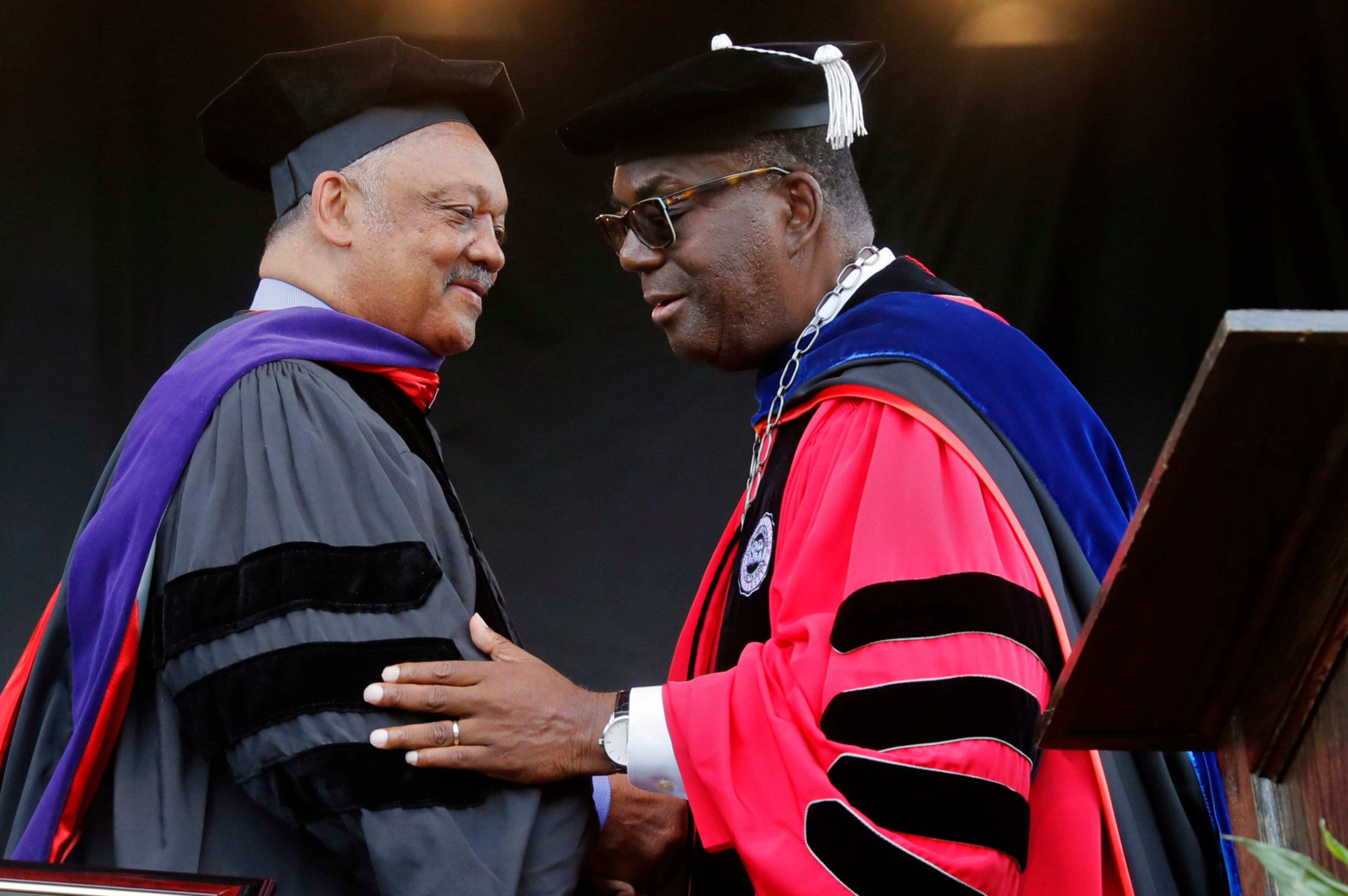Vouchers, school busing costs, more pre-K funding on Ga. lawmakers’ agenda

Georgia’s public schools may get more help from the state to cover their rising transportation costs, but the trade-off could be passage of a new private school voucher program.
In a freewheeling talk with reporters Wednesday, House Speaker Jon Burns laid out a road map for his chamber of the General Assembly, and much of what he had to say involved education.
Georgians can expect more on literacy after lawmakers passed mandates to adopt the “science of reading” last year, he said. Literacy for all students will be “front and center,” especially for the youngest kids. “We would like to address literacy on the front end,” he said, adding that “we will not forget those young people who for whatever reason have fallen into cracks.”
There is also demand for more publicly funded prekindergarten slots, the Republican from Newington noted. He said the Georgia Lottery, which pays for it, has a “nice balance” that could go toward expansion.
Burns’ comment about school bus funding was brief but foreshadowing: “Listen in to the governor tomorrow, on his State of the State (address),” he said, adding that the House has “always been supportive” on the issue.
Over the past few decades, schools have shouldered an increasing share of the cost to bus their students. Expenses for fuel and labor have gone up even as state funding has gone down.
The state pays about a fifth of the cost, leaving schools to cover the rest, about $877 million a year, according to the nonpartisan Georgia Partnership for Excellence in Education. That “diversion” of local property tax revenue might otherwise have gone to classrooms, the group observed in a recent report.
At a GPEE legislative symposium last week, Christy Todd, the Georgia Teacher of the Year, described a dire situation in some rural areas, where buses tend to cover distances as vast as the local property tax base is small.
“Transportation is huge,” said Todd, a middle school music teacher in Fayette County. “I spoke with a superintendent in a rural district who told me that almost 30% of her budget was transportation.”
Gov. Brian Kemp’s office didn’t have anything to say about Burns’ comment, except this: “stay tuned” for the governor’s speech on Thursday morning.
The suggestion of more funding for public schools was leavened with something that is anathema to them: state funding for private school tuition, known as vouchers.
A bill last spring sought to establish the first direct state payments for private education to the parents of students without special needs or medical conditions (there is already a voucher for that category). The legislation, Senate Bill 233, fell six votes short but remained in play for this year’s legislative session. Proponents have been vowing to bring it back despite resistance from public schools that fear vouchers would eat away at state revenues and thus their own funding.
Burns said he supports the measure, adding that lawmakers have been generous to public schools, making their budgets “whole” through increases over a number of years.
He said he told voucher proponents to “go out and educate my members, and then let’s see where we get to.” It’s an ongoing conversation, he said. Voucher proponents seemed to be doing as asked, with one group saying last month that it would have people knocking on doors over the holidays in support of SB 233.



